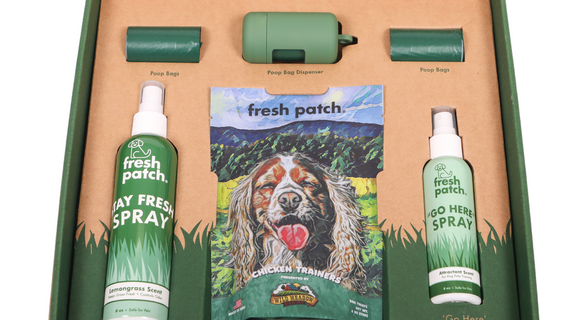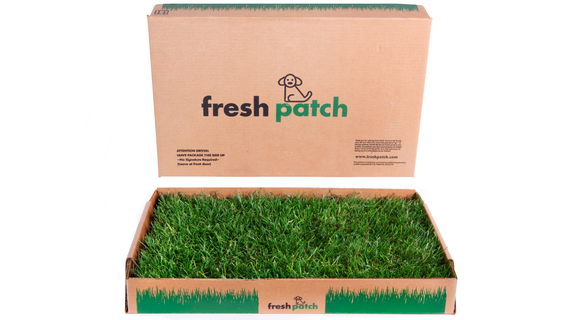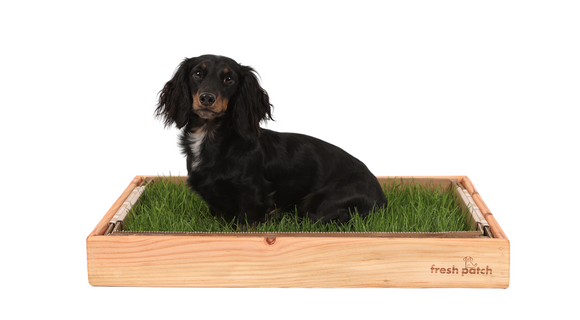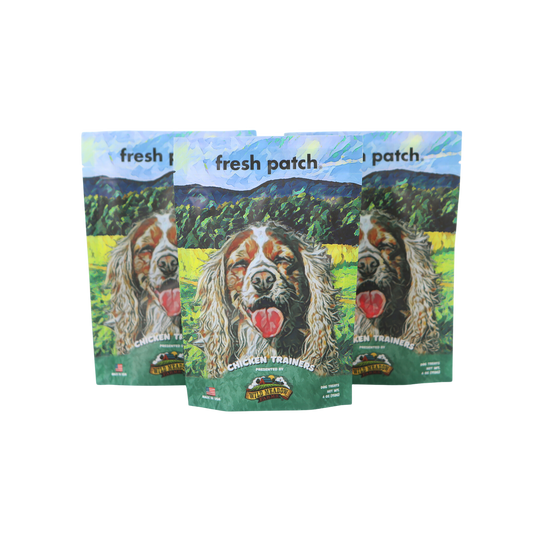It’s National Dog Bite Prevention Week! Protecting our dogs sometimes means keeping them from hurting others.
Just like normally very nice people can sometimes lose their cool and “snap,” so can normally nice dogs. Any dog can snap and take out their anger in a dangerous way. It’s uncommon, but it can happen. And it’s best to be careful with your dog, to protect humans and them!
Many dogs who are extremely docile and wouldn’t hurt a flea can lash out when they are frightened, confused, injured or provoked. Here are some tips from the American Humane Society on how to keep your dog from potentially harming anyone:
- Never leave a child unattended with any dog, regardless of the dog’s demeanor.
- Teach children that dogs deserve respect.
- Explain to little ones that they should never play with any dog in a rough manner.
- Pet parents of puppies should teach socialization skills to their young Spot so the dog will feel more at home among other people and pets.
- Never put a dog in a situation which will make him or her feel threatened.
- Go on a constitutional with your canine companion or jog with your dog, as regular exercise will help to maintain both the physical and mental health of your barking buddy.
- Always walk your dog on a leash while in public.
- Visit your veterinarian regularly, as a dog who is ill or injured is more apt to strike out at people.
- Caution people who approach your dog. Strangers should always wait before petting any dog in order to give the canine time to familiarize themselves with the unknown person on their terms.
Dogs are often easily startled by children, therefore children are typically the victims of dog bites. Here are some thing you should always remind kids when interacting with dogs:
- Never approach any dog with whom they are unfamiliar, or any dog they may know if the dog is unaccompanied by their pet parent.
- Always ask for permission from a pet’s guardian before petting a dog.
- Do not approach any animal who shows signs of injury or illness. If a child feels that a dog requires assistance, he or she should tell an adult.
- Never approach a dog who is sleeping, eating, playing with their toy or caring for puppies.
- Never provoke a dog through teasing, poking, pinching or pulling.
While all of these seem like simple/instinctive measures, it’s never too much to ground this training into your dog and children to keep everyone happy, healthy and safe!






